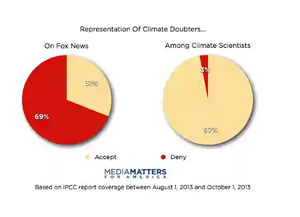Corpus linguistics approach to ecolinguistics
Corpus linguistics[edit | edit source]
Corpus linguistics is the study of language through the examination of a collection of texts, known as a corpus, to gain insight into patterns and trends across a language or languages. This field employs computational methods, for example, to analyze text and can be applied for various purposes depending on the objectives of one's study.
A corpus linguistic approach to ecolinguistics[edit | edit source]
could include taking a collection of texts about weather, climate change, global warming, among others, to examine the type of language that is employed when talking about different phenomena. Sets of texts could be from twitter threads with certain hashtags, news articles on selected topics and even transcripts of public political discussion on environmental issues. The motivation of such a study would be to excavate the meanings expressed toward environmental topics that could create a positive or negative positive toward a certain topic that could potentially spread false information and create ideologies that do not comply with scientific knowledge and research.
Applications of corpus linguistics to ecolinguistics[edit | edit source]

Online forums and social media corpus study[edit | edit source]
A corpus study could include texts such as that in the ad pictured to the right. While this appears to intersect with a linguistic landscape study, the purpose of the image is to see texts or ads that you could likely read on a Twitter or Facebook forum that could be available via a corpora. This type of data could be analyzed to see what time of language is used with "snow" and "rain" to see the adjectives used to describe times of weather and the way that these communicative patters create and reinforce certain attitudes toward the environment.

News report corpus study approach[edit | edit source]
The same study could be done with climate change and track dialogue toward climate change. An article from the Guardian estimates that 69% of the news by Fox News in the United States claims climate change is a hoax where as only three percent of scientists doubt climate change. As a news source that is considered credible, such denial can lead to false information and the general public to associate climate change with being fake, and in turn, such information would incline people to take less care of the environment and ecosystem that we are a part of.
